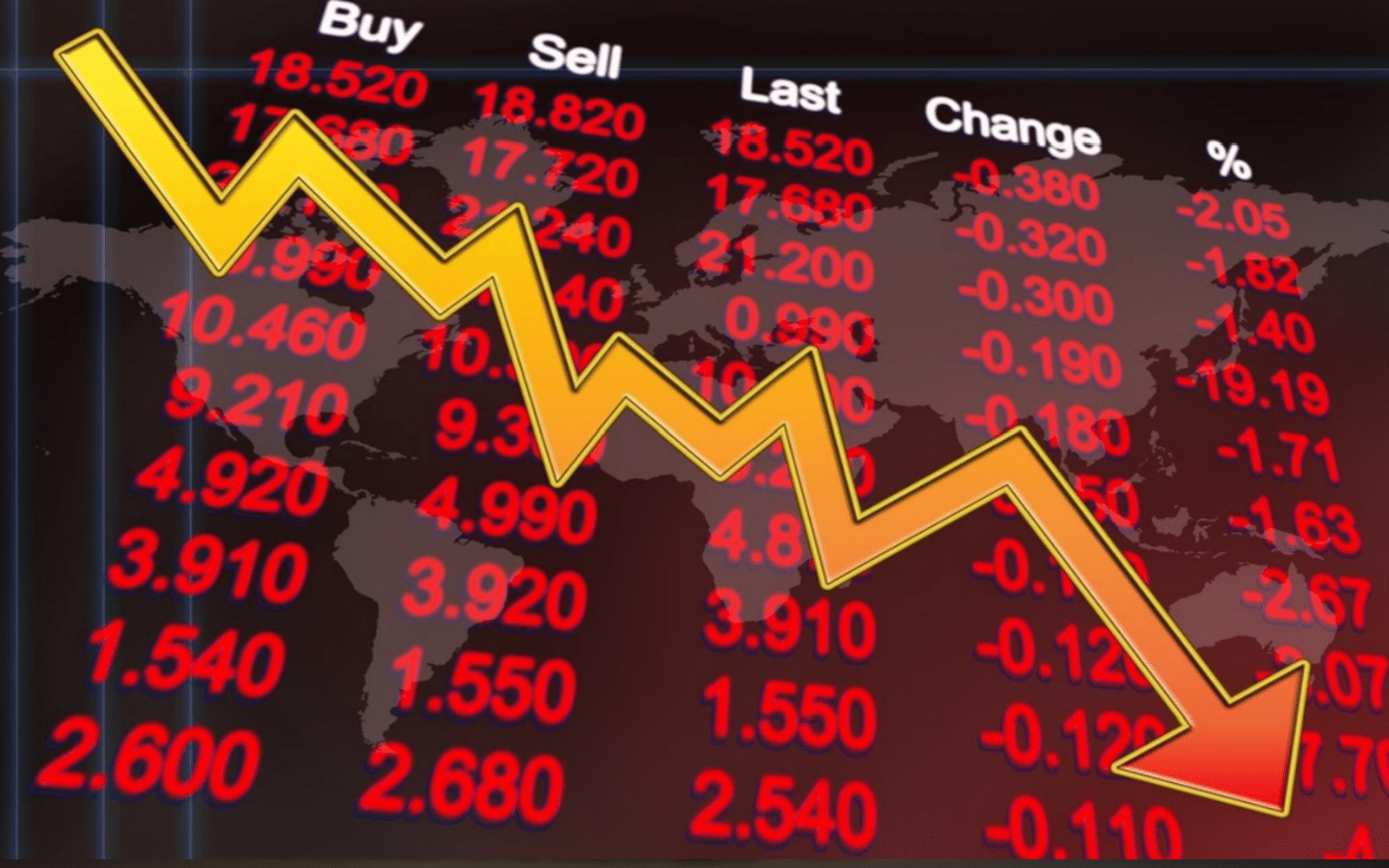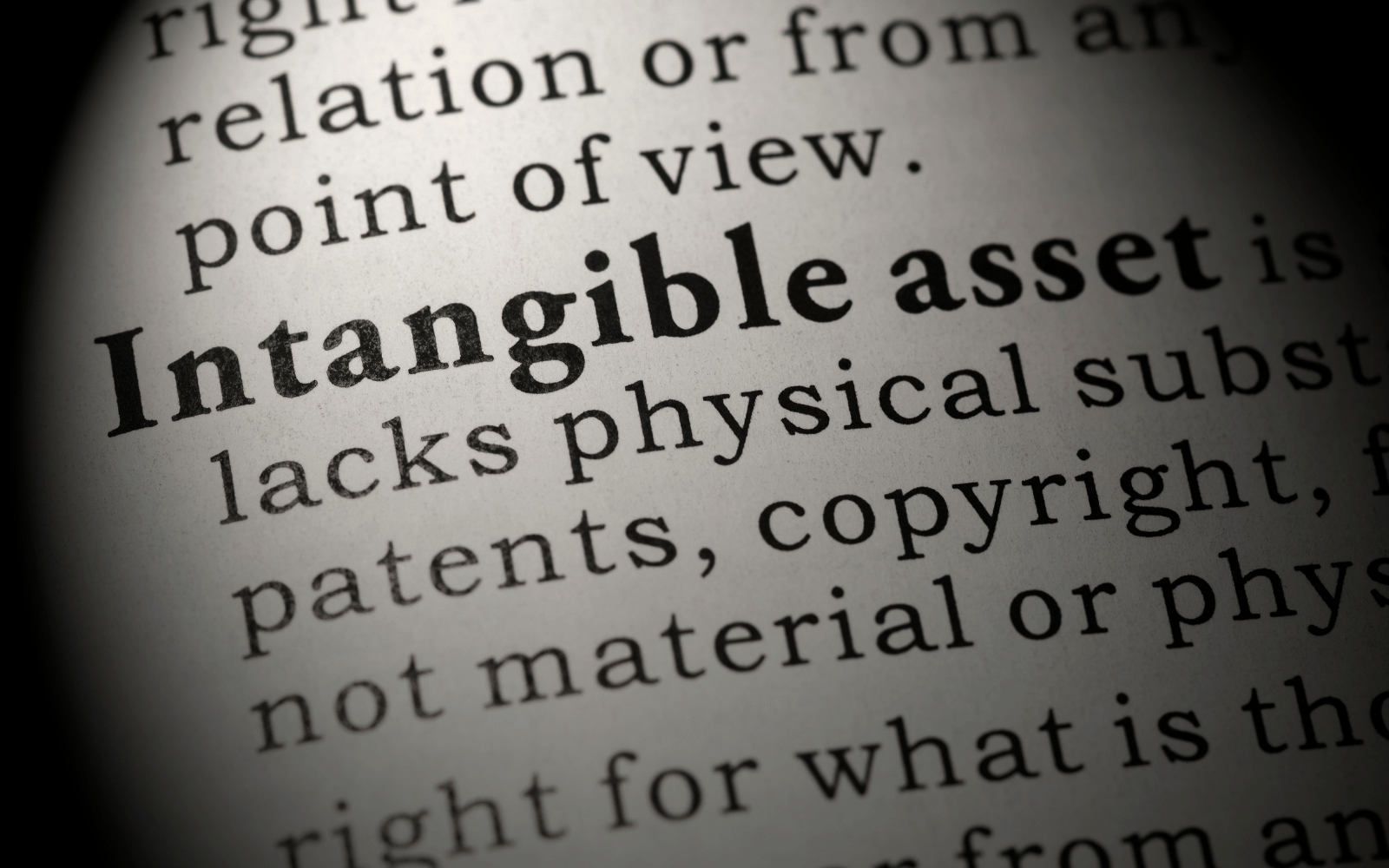Nobody ever reads the terms and conditions. Nobody EVER reads the terms and conditions. Stuff constantly has fun with the fact during its giveaways. But perhaps, if you’re planning on sticking your life savings into crypto or NFTs, you should have some idea of the risks involved.
Which, if you’re not suckered by the Discord positivity, is quite clearly laid out in the terms and conditions. That you didn’t bother to read. Cryptocurrency proponents — the ones that make a serious living from it — are all well aware of the risks. So are the companies funding it. It’s time to take a look at just what might go wrong with your crypto or NFT investment — based purely on terms and conditions.
You are responsible for your mistakes
 When you’re posting on Twitter or Facebook, anything from a spelling error to an accidental call for genocide goes away if you hit delete. It might live on in screenshots, and a televised apology from behind a podium, but it’s not on the internet anymore. It doesn’t work like that on the blockchain. Whether you’re investing in cryptocurrency or NFTs, you’re the one responsible for any mistakes.
When you’re posting on Twitter or Facebook, anything from a spelling error to an accidental call for genocide goes away if you hit delete. It might live on in screenshots, and a televised apology from behind a podium, but it’s not on the internet anymore. It doesn’t work like that on the blockchain. Whether you’re investing in cryptocurrency or NFTs, you’re the one responsible for any mistakes.
Mistakes as petty as mistyping addresses. Sending an incorrect amount of crypto. Sending crypto to an unsupported wallet. Being stupid enough to fall for a scam. Being smart, but having someone smarter access your wallet anyway. Services like OpenSea (NFTs) and Luno (crypto) warn that these, and instances like “server failure or data loss”, are all upon your head alone. Even Metamask, the wallet service, has a bit in its Terms of Service warning you not to be a dumbass with your password info.
Your crypto’s value could quickly drop to zero
 Cryptocurrency is volatile. ‘Volatile’ is a term given to things prone to exploding, like nitroglycerine, or a girlfriend that told you she was hungry twenty minutes ago. As such, several venues, like Luno, Kraken, or Voyager, has some sort of risk disclosure explaining clearly just how volatile your investment is. All of them contain variations on the same theme. That is, it’s very simple for the value of your online asset to devolve to zero or near zero.
Cryptocurrency is volatile. ‘Volatile’ is a term given to things prone to exploding, like nitroglycerine, or a girlfriend that told you she was hungry twenty minutes ago. As such, several venues, like Luno, Kraken, or Voyager, has some sort of risk disclosure explaining clearly just how volatile your investment is. All of them contain variations on the same theme. That is, it’s very simple for the value of your online asset to devolve to zero or near zero.
The ‘how’ of how cryptocurrencies might lose their value are varied enough that we’ll address them on their own. However, it is volatile enough that “…[n]egative consumer perception of specific Cryptocurrencies or Cryptocurrencies generally may negatively affect their value.”
The value of NFTs/crypto is based on… nothing
 Remember that dystopian movie with Ryan Gosling? Not Blade Runner 2049. The Big Short. That was it. That film was based on a thing that actually happened. A real market — housing — was turned into a massive speculative mess that generated more money than was actually contained in the industry. When it collapsed, it wiped out everything around it. This was immediately rebuilt, without actually fixing anything. Well, the world of NFTs and crypto is kinda like that. Except it’s not built on houses. It’s built on… well, nothing at all.
Remember that dystopian movie with Ryan Gosling? Not Blade Runner 2049. The Big Short. That was it. That film was based on a thing that actually happened. A real market — housing — was turned into a massive speculative mess that generated more money than was actually contained in the industry. When it collapsed, it wiped out everything around it. This was immediately rebuilt, without actually fixing anything. Well, the world of NFTs and crypto is kinda like that. Except it’s not built on houses. It’s built on… well, nothing at all.
This is particularly the case with NFTs. OpenSea points out that the value of NFTs is subjective. You have to agree that this is so in order to use the platform. Momint has a similar assessment — NFTs “…exist only by virtue of the ownership record maintained on its supporting blockchain.” Without the ownership record, you own nothing. And that’s if everything stays the same as it was when you bought your digital item. There’s a phenomenon known as metadata decay, digital decay, or link rot. It affects websites as well, but NFTs rather rely on there being something on the other end of that ownership record. If the server hosting your one-of-a-kind hideous ape disappears, so does the ape’s value.
Boredom can affect your investment
 Boredom usually only has a serious effect if you’re bored while writing an exam, or monitoring a nuclear power plant. It generally can’t wipe out a human being’s entire life’s savings. Except, that is, in the world of digital assets. “[A] lack of use or public interest in the creation and development of distributed ecosystems”, according to Momint, or “[t]he slowing or stopping of the development or acceptance of Cryptocurrencies” (Voyager) could end with your crypto/NFT wallet cratering in value.
Boredom usually only has a serious effect if you’re bored while writing an exam, or monitoring a nuclear power plant. It generally can’t wipe out a human being’s entire life’s savings. Except, that is, in the world of digital assets. “[A] lack of use or public interest in the creation and development of distributed ecosystems”, according to Momint, or “[t]he slowing or stopping of the development or acceptance of Cryptocurrencies” (Voyager) could end with your crypto/NFT wallet cratering in value.
Now, boredom can affect any industry. If folks get bored of going to Ocean Basket, the restaurant chain will slide slowly into obscurity. A loss of interest in digital assets, if it happens en masse, will instantaneously wipe out billions of dollars of (perceived) value. Homes will be lost. Jobs will vanish. Savings accounts will disappear. This is because digital assets are a collective hallucination, like traffic laws or religion. But, in the event of a lack of faith in either of the latter two, there are still cars, roads, and churches left over. Crypto, on the other hand…
Enough people must keep playing
 Several platforms — Kraken, Voyager, Luno, even OpenSea to a certain extent — point out that there might come a time when folks start cashing out. If that happens, the entire ecosystem collapses. Similar to a run on a bank (or, you know, The Big Short), a platform or cryptocurrency does not possess enough cash for everyone to get paid. The first few people to get past the cashier will make it out with some money. The rest wind up standing in some DAO-shaped wreckage that smells like burnt GPUs.
Several platforms — Kraken, Voyager, Luno, even OpenSea to a certain extent — point out that there might come a time when folks start cashing out. If that happens, the entire ecosystem collapses. Similar to a run on a bank (or, you know, The Big Short), a platform or cryptocurrency does not possess enough cash for everyone to get paid. The first few people to get past the cashier will make it out with some money. The rest wind up standing in some DAO-shaped wreckage that smells like burnt GPUs.
In more complex terms, “you may find it difficult or impossible to liquidate a position”. That’s when there’s less money inside a system than people want to take out — which brings us right back to Christian Bale, Steve Carrell, and Ryan Gosling in that film we mentioned. Cryptocurrencies and NFTs, as systems, rely heavily on continual investment. This is a consequence of starting from a position of having nothing tangible (an NFT…), and assigning it a value (…worth $6 million). Eventually, people try to draw on that money. If there isn’t enough of it, the whole thing falls apart.




